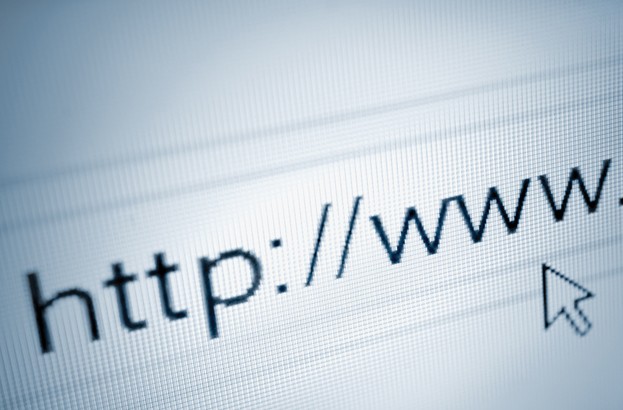Answer these 5 questions before clicking on any link
URLs are used to make 'links' to resources on the Internet. The URL creates a 'hyperlink' capability for web pages. However, computer crime today, hackers are increasingly "cunning" and more dangerous. These hackers can use URLs to change passwords and steal user data, even using drive-by-download malware to attack users.
So before clicking on any link, answer the following 5 questions first.

1. Do you really "trust" the sender / linker?
This is a very important question because if the person you don't know anything about, while they send / post links that you accidentally clicked on, the level of danger will be unpredictable.
Take some examples in practice, before opening the door people often check the locks first, or teachers often teach their students about the danger level when traveling with strangers .
However, when opening an email or clicking on a link, most users often do not think and consider nothing but just "click the mouse" to open and view the link, whether it is email or link of people they have never met sent.
Although phishing is the main tool of computer crime, however, a progressive spam filter partly supports filtering trusted emails or links.
However, users still need to be vigilant because computer criminals are becoming more and more "cunning".
So before you click on any link or email, answer the question: 'Do you really "trust" the sender / uploader?' If an email or link is sent by a friend or relative, and a trusted social media platform or email client, that link and email will be OK.
Also, if you still have concerns or feel unsure about something, you can contact them to confirm that they are really the person who sent the information to you.
With emails, links of users you do not know, it is better to stay away from email, the link is out. Also you need to be especially wary of emails that address issues like claims from banks or PayPal accounts.
To check if an ONLINE link is safe, you can consult the steps here.
2. Is social networking really reliable?

This is also an important question you need to answer before clicking the mouse button. If the link is shared on closed or internal corporate networks on WhatsApp, you don't need to worry about the safety of the link.
However, if there is something unusual in email spam or on an anonymous Twitter account, you must handle the email, this link carefully.
With social networking sites like Facebook and Twitter, you must pay special attention and care because the amount of spam on these sites is quite a lot and quite popular, even some links also direct users to the sites. website contains malware and other malicious software. If you're not sure about the link and don't know the platform, it's a good idea to search on other sites.
Also for accounts that are in the 'ever hacked' account list, all links or shared documents on this account, you need to think again before clicking on the link.
3. Is the destination reliable?
Take a look at the shared links and ask if these links navigate to the site you know. If the destination or destination is unknown, it is best not to click on that link.
4. Do these links coincide with major events in the world?

Computer criminals and hackers often know how to capture 'opportunities'. If there is a large event happening, they will create links with content mentioning the event, and when the user clicks on the link, it will be directed to bad internal websites.
So if you see the links shared on social networks, . there are content related to the events that are happening, it is best to think of the source questions of the link, the shared link on the network. What society and if you click on the link you will be directed to which page.
5. Is the link shortened?
Social networks like Twitter, Facebook, Instagram . are growing, so the links are shortened to facilitate sharing.
Taking advantage of this, some computer criminals can use Bitlly, goo.gl, . to shorten their 'nefarious' links to 'trick' users into making users think that the link is from the source. trust.
Also when computer crimes, hackers combine these links with a trusted Tweet or email, users will think that this is a message from a trusted user.
With shortened links, your advice is to answer the 4 questions above yourself and if you still feel unsure, it is better to use LongURL and CheckShortURL to restore the shortened link. about the original link.
Refer to some of the following articles:
- How to know if your computer is being "attacked" by a hacker?
- Why is Facebook account hacked? This is how to prevent that!
- 50 Registry tricks to help you become a true Windows 7 / Vista "hacker" (Part 1)
Good luck!
You should read it
- ★ A safe way to test any Windows antivirus software's anti-malware capabilities
- ★ How to know for sure a safe file before downloading?
- ★ 5 things to do to avoid malware
- ★ How to use Malwarebytes Anti-Malware Home to find, remove spyware, ads, malicious ... on your computer
- ★ Check Malware malware for computers with Malwarebytes Anti-Malware